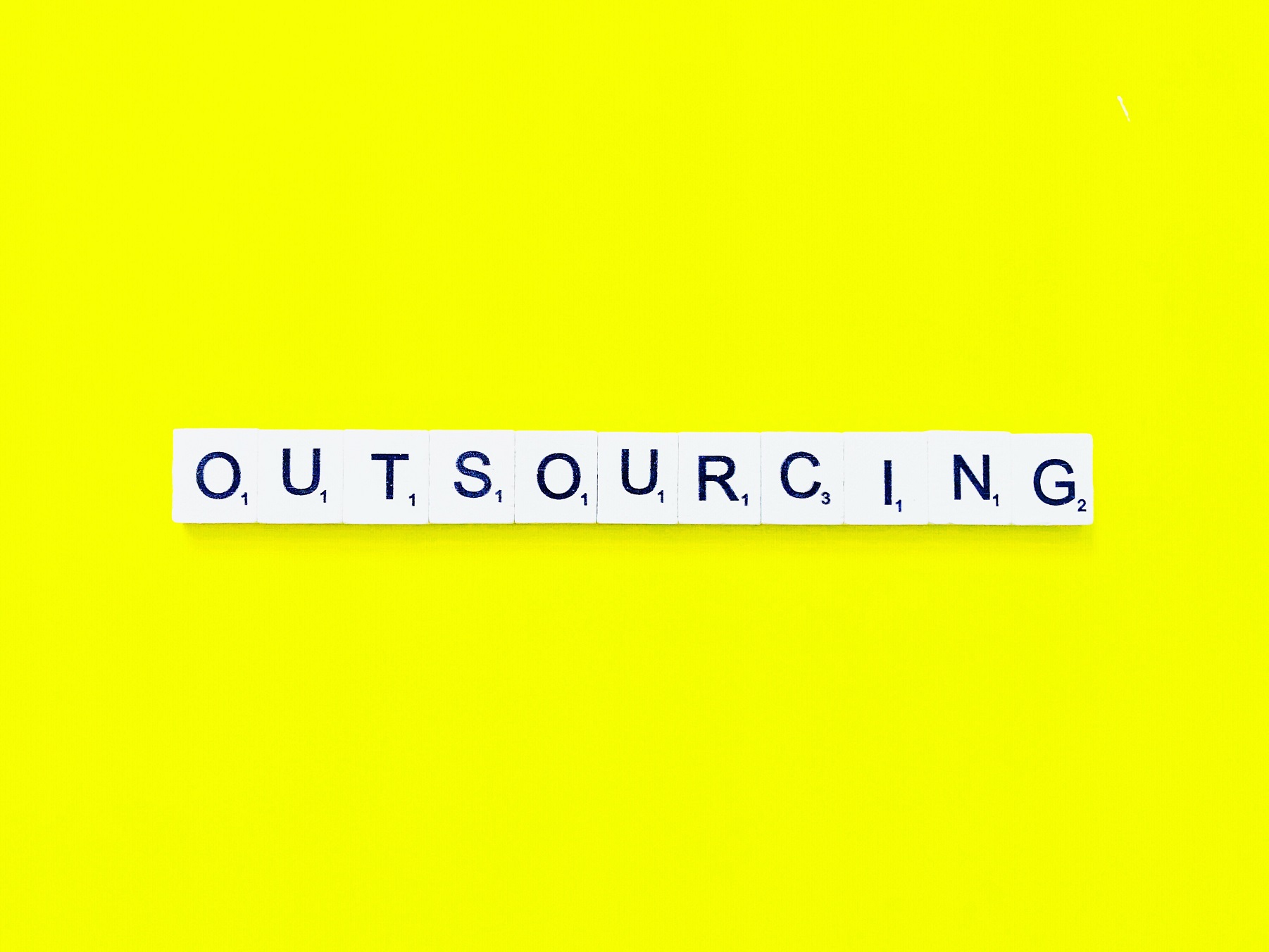Lawyers and law firms are constantly exploring ways to streamline their operations, cut costs, and enhance efficiency. One strategy that has gained traction in recent years is legal process outsourcing (LPO). LPO involves delegating specific legal tasks or functions to outside service providers, often for reasons related to cost-effectiveness and efficiency. While LPO can offer numerous benefits, it also raises ethical considerations that legal professionals must carefully navigate. In this article, we will delve into the reasons why legal process outsourcing is allowed and explore the ethical implications that lawyers need to be mindful of when outsourcing legal work.
Outsourcing on the Upswing
Before delving into the ethical considerations, it’s important to understand why legal process outsourcing has become increasingly popular. Law firms, like many businesses, are striving to operate more efficiently and reduce costs. This quest for efficiency has become even more crucial in the wake of the COVID-19 pandemic, which prompted a shift toward remote work and a re-evaluation of traditional office setups. As a result, many firms have started outsourcing various administrative services to streamline their back-office functions.
Outsourcing can encompass a wide range of legal and non-legal services, including investigative or paralegal services, document management, legal research, and more. As law practices become more specialized, outsourcing has become a viable strategy to manage workloads and enhance overall efficiency.
Heart of the Ethical Issues of Outsourcing
While legal process outsourcing can offer advantages in terms of cost savings and specialization, it also brings ethical issues to the forefront. The core principle underlying these ethical concerns is that the lawyer who chooses to outsource work remains ultimately responsible for the quality of that work. This responsibility cannot be delegated to the outsourcing provider.
According to the American Bar Association’s (ABA) Model Rule 1.1, a lawyer must provide competent representation to clients. This rule applies regardless of whether the lawyer engages other lawyers or non-lawyers to provide outsourced legal or non-legal services. The outsourcing lawyer is required to comply with ABA Rules 5.1 and 5.3, which pertain to supervisory responsibilities and ensuring that conduct aligns with professional obligations.
To maintain ethical integrity, lawyers engaging in legal process outsourcing must consider several key factors:
• Competence and Supervision: Lawyers are responsible for ensuring that tasks delegated to outsourcing providers are performed competently. This includes vetting the skills of those who will perform the work and providing appropriate supervision.
• Preservation of Client Confidential Information: Lawyers must take steps to safeguard client information when outsourcing legal work, ensuring it is protected from unauthorized access or disclosure.
• Conflicts of Interest: Firms must guard against conflicts of interest when outsourcing, particularly regarding matters related to clients and adversaries.
• Client Disclosure/Client Consent: Lawyers must obtain informed consent from clients before disclosing confidential information to outsourced providers.
• Unauthorized Practice of Law: Lawyers should ensure they retain control and oversight over the representation and avoid any involvement in the unauthorized practice of law.
Takeaways
Legal process outsourcing can be conducted ethically and offers benefits to both law firms and clients. When deciding whether to delegate work to an outsourcing provider, lawyers should consider whether it will enable them to deliver excellent legal services at a reasonable cost. It is crucial to uphold fundamental ethical duties, such as client confidentiality and avoiding the unauthorized practice of law.
By carefully adhering to ethical guidelines and ensuring competent supervision, lawyers can harness the advantages of legal process outsourcing while maintaining their commitment to delivering high-quality legal representation. As the legal landscape continues to evolve, embracing responsible outsourcing practices can be a strategic move for law firms seeking to thrive in a competitive environment.












